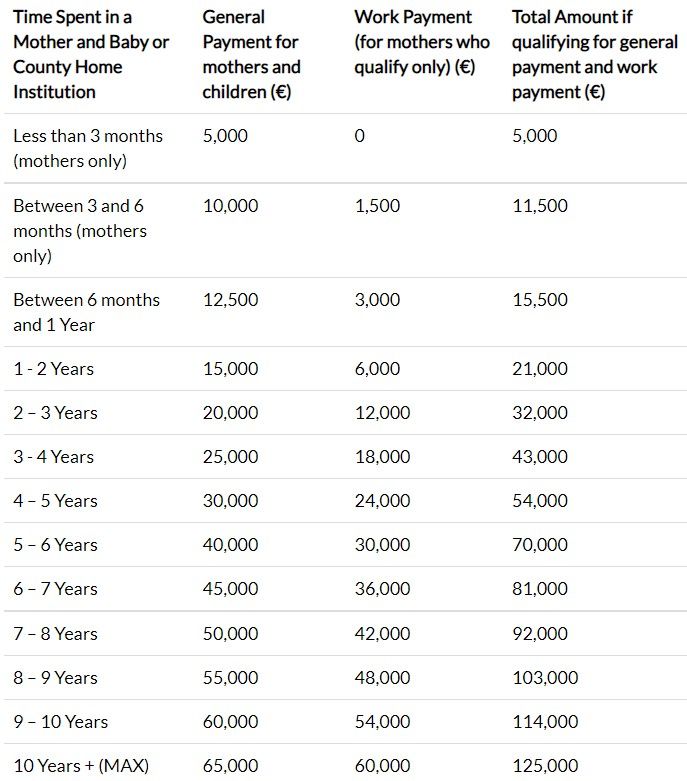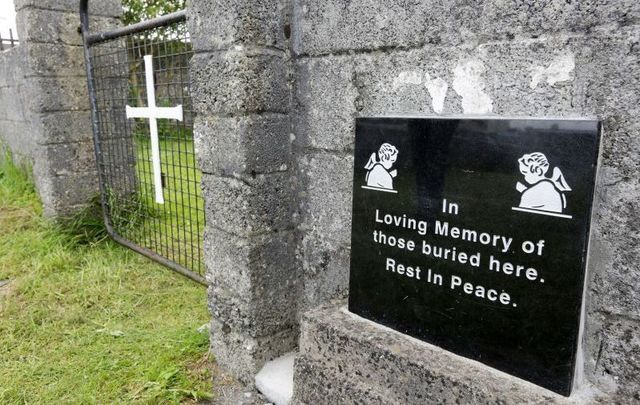The Irish Cabinet has approved an Action Plan and a Payment Scheme for Mother and Baby Home Survivors, TD Roderic O’Gorman, Ireland’s Minister for Children, Equality, Disability, Integration, and Youth confirmed on Tuesday.
The Payment Scheme will provide general payments to mothers and children based on how long they were in an institution, while an additional payment will be available to mothers who undertook unpaid work while in the institutions.
O'Gorman said on Tuesday that the Payment Scheme "is the result of extensive consultation between the Government and survivors, both in Ireland and abroad."
He added: "What came through clearly in the consultation was a wish for kindness, and that the Scheme should be non-adversarial in order to avoid re-traumatising those who engage with it.
"It is important to acknowledge, at the outset, that there is no payment or measure that can ever fully compensate or atone for the harm done by the Mother and Baby Institutions.
"The Payments Scheme and the Action Plan represent further measures in the State’s response to the legacy of those institutions, and its commitment to seek to rebuild the trust of survivors, which was so grievously broken."
The Mother and Baby Institutions Payment Scheme will benefit an estimated 34,000 survivors to the value of €800 million, O'Gorman said, adding that it will be "the largest scheme of its kind in the history of the State."
He continued: "It represents a significant milestone in the State’s acknowledgment of its past failures and of the needless suffering experienced by so many of its citizens."
The Scheme will include financial payments and an enhanced medical card. Mothers who were resident in one of the Mother and Baby and County Home Institutions for any length of time will be eligible to receive a financial payment.
People who were resident as a child in a Mother and Baby Home or County Home Institution for a period of six months or more will also be eligible to receive a payment.
"The payment is in recognition of time spent in one of the institutions, the harsh conditions, the emotional abuse, and other forms of mistreatment, stigma, and trauma experienced while resident there," O'Gorman said.
Women who undertook “commercial work” without pay, while resident in Tuam or one of the County Homes, for three months or more, will also be eligible for a work-related payment.
In addition, people who spent more than six months in one of the institutions will be eligible to receive an enhanced medical card.
The payments were outlined as such:

(Department of Children, Equality, Disability, Integration and Youth)
O'Gorman said "it will take time to establish the Scheme" and that legislation will be required to establish it.
"I want to assure survivors that every effort will be made to complete this necessary work and to open the Scheme for applications before the end of 2022," O'Gorman said.
Applicants will qualify solely based on proof of residency, without a need to bring forward any evidence of abuse nor any medical evidence. In certain limited circumstances, sworn affidavits may be required.
Those survivors and former residents now living overseas will qualify for a payment on the same terms as individuals living in Ireland and will have the choice to receive an enhanced medical card or a once-off payment in lieu of the card as a contribution towards their individual health needs.




Comments